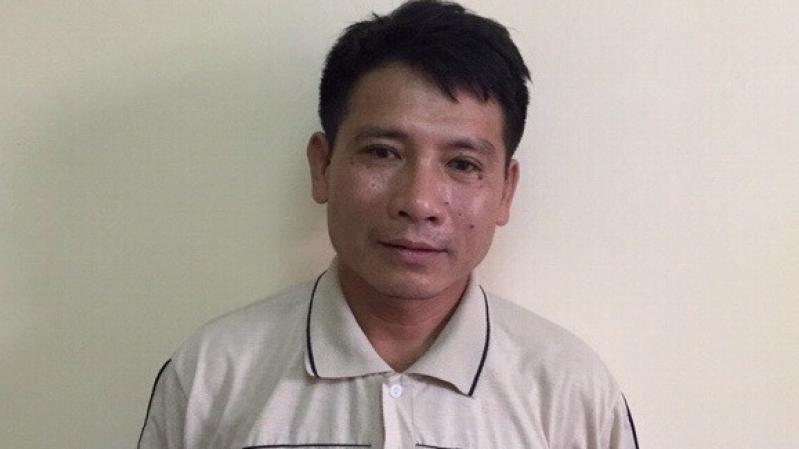
A Vietnamese pastor imprisoned for his advocacy work has been refused medical treatment for serious illnesses, causing his health to "rapidly deteriorate" a persecution watchdog has revealed.
International Christian Concern reports that Nguyen Trung Ton was arrested in July last year with other members of his pro-democracy group, Brotherhood for Democracy, and convicted of attempting to overthrow the communist government.
Sentenced to 12 years in Gia Trung Prison in the Central Highlands, he continues to suffer from wounds inflicted on his leg by security agents, according to ICC, and is now unable to walk.
His wife, Nguyen Thi Lanh, undertook a 15-hour bus ride to see him, and told ICC that "the prison did not allow us to see him. They said due to health reasons he was unable to meet me."
According to UCA News, Brotherhood for Democracy said that Pastor Ton told his wife on October 22 that he is suffering from a bacterial infection, kidney failure, and sleeplessness. The group said the pastor's health is "rapidly deteriorating due to being kept in bad conditions."
When his family sent medicine for him, it was returned.
Gina Goh, ICC's regional manager called on the international community to "put pressure on the Vietnamese government so that Pastor Ton can receive the necessary treatment to treat his sustained pain.''
"Based on humanitarian grounds, the prison should meet the medical needs of its prisoners," she said. "Yet Gia Trung Prison not only rejected crucial medical care for Pastor Ton, it prohibited his loved ones from visiting him."
Human rights group Frontline Defenders notes that Vietnamese authorities treat human rights defenders as "enemies of the State," and many of them are subjected to intimidation, threats, interrogation, harassment, arrest and routine beatings. Additionally, many defenders are victims of arbitrary detention and criminalization.
Earlier this year, pastor Nguyen Cong Chinh, founder of the Vietnamese People's Evangelical Fellowship, shared how, in 2011, he was sentenced to 11 years' imprisonment for "undermining national solidarity" by violating a preaching ban in the Central Highlands.
During his time in prison, the pastor was forced spend about a month locked in solitary confinement where his health rapidly deteriorated.
"The wardens did a lot of beating to the point that many of the prisoners of conscience became ill, injured, handicapped and some of them died," he said.
"They used fists and they also used batons," he added. "They beat me on the head, my chest, my leg and arms. I still have injury, a scar on my head."
Chinh claimed prison officials would also use other prisoners as their "tools" to further punish prisoners of conscience.
"The prison administration uses the common criminals to beat up and persecute the prisoners of conscience and religious criminals," he said. "They are the tools of the prison guards. If we got beaten to death, then the prison guards will say, 'This is just an issue among the prisoners. It is not us.'"
Chinh said that while he was released last July 28 with six years still left to serve on the condition that he and his family leave the country, other pastors haven't been so fortunate.
"The Vietnamese government has a policy to persecute a few to intimidate many," he said. "Under international pressure, the Vietnamese government may release one prisoner of conscience now but then they will detain many other dissidents afterwards."
"In Vietnam's prisons, prisoners of conscience fare worse than common criminals," he warned. "They are subjected to several measures such as solitary confinement, impurity in water, lack of food, no access to medical care, denied access to their families and are prohibited from other activities with other inmates."






